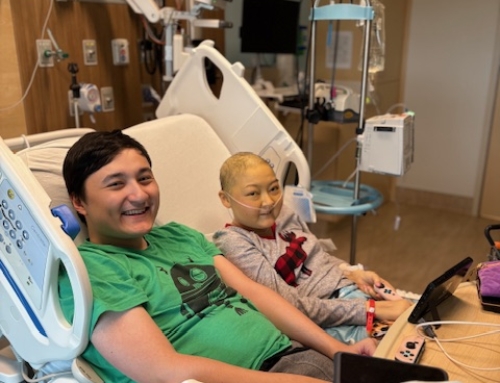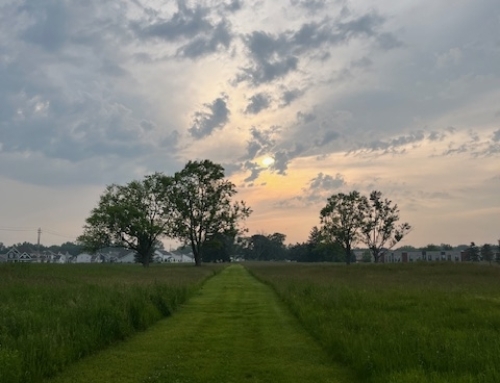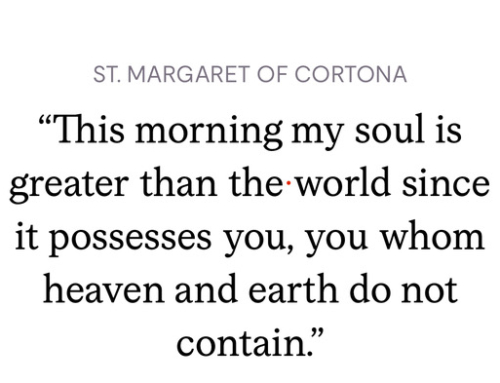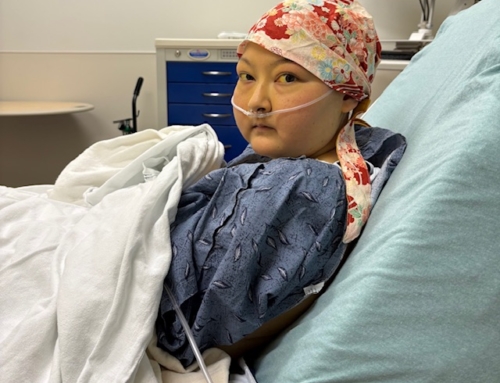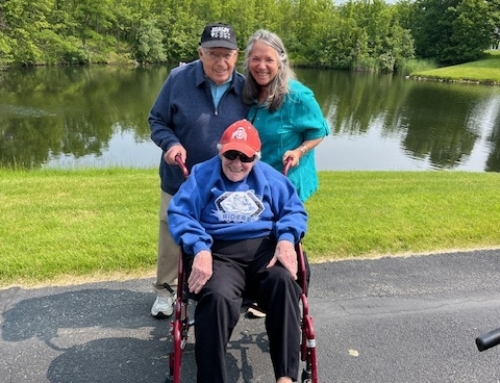
Good morning…
This Memorial Day, I am drawn back to a story in one of my all time favorite books. I turn to page fifteen. Slowly I read again about the ravages of war and the trauma of abruptly losing a loved one.
******
Excerpt from The Hidden Life Awakened by Kitty Crenshaw and Dr. Cathy Snapp
Betty was seventeen when World War II changed everyone’s world. (Her father) Russell’s battalion was transferred to Colorado, so the Walthours had to pick up and move again, leaving their home and their lifestyle forever. Because of the housing shortage brought on by the war, they were forced to live with another family in a tiny house provided by the military and struggle for what little private space there was. Of course, they couldn’t take Dixie or the goat and chickens Betty loved so much. For the first time in her life, she tasted the bitter reality of change and loss. She was put in a Catholic girl’s school where she couldn’t keep up academically or socially, and her beloved friend and father went off to war. The commander of the battalion on the European front had been killed, and the army ordered Russell to take over immediately. He had to abruptly leave his men and family to go directly into one of the last and bloodiest conflicts of World War II – the Battle of the Bulge. Seventy-five thousand troops were lost that savage winter, and Colonel Walthour stood day after day watching young men collapse into their deathbeds of bloody snow.
Annie Tart (Betty’s mother) moved the children back to the comforting familiarity of South Carolina when her husband was shipped over seas. In the summer when she was nineteen, Betty’s father returned to them unexpectedly. The army said he was suffering from battle fatigue and had sent him to one fo the huge Miami Beach hotels that had been converted into military hospitals. In early June, they allowed him to come home for a family visit. Annie Tartt quickly saw that something was very wrong. Russell was acting strangely and incessantly paced around the dining room table muttering softly and fretfully swinging his gold pocket watch. She became so worried about his bizarre behavior that she hid their old shotgun behind the cabinet in the garage and asked the army to send him back to the hospital early – which they did.
“One hot day in July,” Betty recalls, “I was upstairs at my desk when I heard the doorbell ring. I opened the door and two army officers in dress uniforms asked to see my mother. I offered them a seat on the blue velvet settee in our parlor and went to the kitchen to find her. Mama came out and thanked the officers but she showed no reaction to the telegram that they handed her. It was the standard War Department one received by so many other families in those days. ‘The War Department regrets to inform you…'”
“After the men left, Mama just sat on the couch, so I went back upstairs to my room feeling a strange, vague numbness,” recounts Betty. “Mama didn’t tell me what was in the telegram, but somehow I knew that Dad was dead. It would be years later before I found out that he hanged himself with his belt from a rafter in his hospital room. The raw truth of suicide was never discussed. Suicide was not something you discuss in polite company.”
…”I wasn’t prepared for my father’s death,” Betty admits. “My world as a child had been far removed from the brutalities of reality. Pain struck deeply for the first time and I didn’t know what to do with it. We had been taught to ‘keep a stiff upper lip.’ Feelings and emotions were suppressed, never expressed. Yet on that pain-filled day in July, for the very first time, a vague intuitive sense of reality awakened within me. It shadowed me like a mist on a gray day. I couldn’t see through it, but I knew it was there – and it never left me.”
“Daddy’s funeral at Arlington National Cemetery was impressive and befitted his rank,” Betty concludes. “Beautiful horses pulled the caisson bearing his flag-draped casket. There was an honor guard and the twenty-one-gun salute, followed by a bugler playing taps. Mama was quiet; I remember that she didn’t cry or hug me. We never spoke of Daddy again.”
******
You who have followed my blog for a while know that I love ninety-five year old Betty Walthour Skinner, the heroine of this life-changing book. Layers of loss walled off nineteen-year-old Betty’s heart, and hers was just one of the families receiving a similar telegraph, “The War Department regrets to inform you…” The thick shroud of human sorrow can seem unbearable.
And on this mountain, he will destroy the shroud wrapped around all the people, the veil spread over all nations. It is the gloom of death! He will swallow it up in victory forever! And God, Lord Yahweh, will wipe away every tear from every face. He will remove every trace of disgrace that his people have suffered throughout the world, for the Lord Yahweh has promised it!
In that day they will say, “Behold! This is our God! We’ve waited for him, and he saved us! This one, the Lord Yahweh—he is worth the wait! We will keep shouting with joy as we find our bliss in his salvation-kiss!” (Isaiah 25:7-9, TPT).
Experiencing the video below, let your mind wander into pensive prayer. Though human pain is great, God’s healing love is greater.
…Sue…
P.S. Thank you Gina Palermo for this stunning photo of our human hurt being swallowed up by the grandeur of God.

